Social media is pervasive and can be dangerous. An internet connection means instant access to an international audience, and as we tell our children, once something has been published, you can’t undo it. It’s like a tattoo. It will be there forever.
It is easy to think of only your personal postings, tweets and photos as areas of concern, but other things you may consider private may not be. Conversations and emails are also easily shared and if salacious enough, could become viral (in addition, by posting personal photos and comments you are lowering the expectation and claims of privacy rights. When you post pictures of your children, you are putting their privacy rights at risk as well).
Users should also always keep in mind that while it’s easy to manage you own profile, postings, pictures comments, conversations and emails, it is impossible to monitor what other people are doing online.
The only way to protect yourself is to make sure damaging or embarrassing content doesn’t exist at all.
As an individual, it is easier to believe that you do have control how your social media is managed. As a company, it’s a slippery slope. Sure, you can control what is posted on your corporate sites, but we live in a digital age where everyone is a celebrity, and it is easy to identify where people work. Your employees can cause damage simply by association. Here are a couple of possible scenarios:
An employee with only 170 followers posts a rogue tweet about the company. The tweet goes viral and a subsequent stock value plunge results.
An employee posts a rant filled with profanity and bigotry on his personal Facebook page, it goes viral and the public learns that he works for your firm. Company resources must then be allocated for damage control.
So what can a business do to protect itself? Here are some basic steps:
- Create clear rules for postings about the business so employees know that a violation can result in dismissal. Have employees sign non-disclosure agreements covering confidential data and intellectual property.
- Employees who have left the company should be required to change their employment status on sites like LinkedIn and Facebook Business.
- Include clauses in contracts that specify behaviors outside of work that could be cause for dismissal if they damage the company’s reputation, or “breach the duty of good faith that employees owe their company.”
- Make sure each employee understands that he or she can get into trouble for sharing offensive content or even for not disassociating themselves from offensive content. According to Social Medial legal expert Emma Sadleir, “If you have a Facebook page, the law says you are responsible for every word on that page. The second you become aware of it, you are responsible for it. If you retweet something, you are responsible for it.” Even if you “like” something, you put yourself in the chain of publication.”
(The legal considerations around social media include defamation, privacy, hate speech, crime, confidentiality, insider trading, intellectual property, Protection from Harassment Act, sexual offences and code of conduct.)

0 Comments